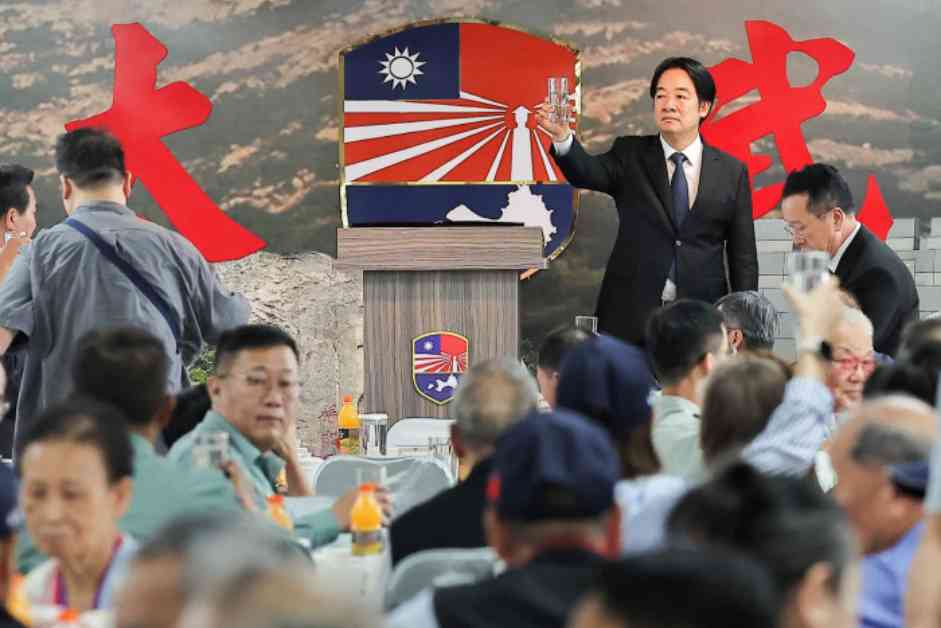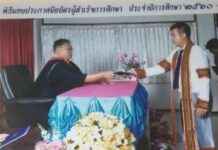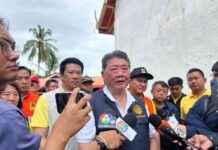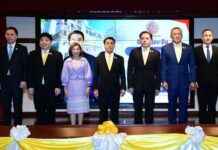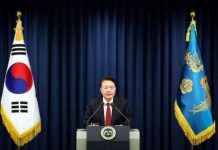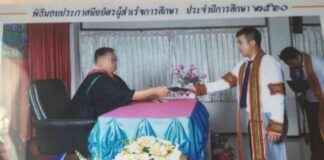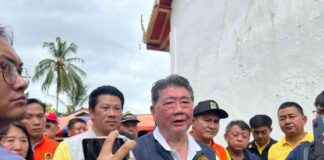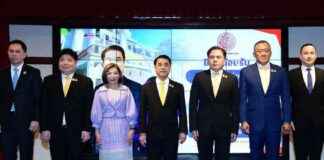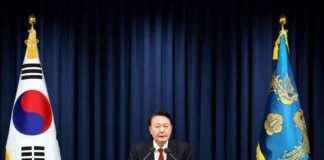China’s defense ministry has warned the United States against sending any signals of support for Taiwan’s independence. The ministry spokesperson emphasized that China will not tolerate any attempts at secession and will resist any external interference. This warning comes in response to Taiwan President Lai Ching-te’s upcoming visit to the United States, where he plans to stop over in Hawaii and Guam during his trip to three Pacific island nations.
The Chinese government strongly opposes any international recognition of Taiwan as an independent entity, insisting that the island is part of China’s territory. Lai’s visit has sparked anger in Beijing, as it challenges China’s sovereignty claims over Taiwan. Despite China’s objections, Lai is set to visit the Marshall Islands, Tuvalu, and Palau, which are among Taiwan’s few remaining allies in the Pacific region.
Lai’s visit to the United States is significant as it will be his first overseas trip since taking office. Previous visits by Taiwanese officials to US territories have drawn criticism from China, which views such interactions as provocative and supportive of Taiwan’s independence movement. The Chinese government has consistently opposed official exchanges between the US and Taiwan, denouncing them as separatist actions.
Taiwan has faced increasing pressure from China to isolate it on the global stage and limit its international recognition. China’s efforts to undermine Taiwan’s presence in international forums and coerce companies to refer to the island as a Chinese province reflect its strict stance on the Taiwan issue. Despite these challenges, Taiwan continues to participate in international events under the name Chinese Taipei, a compromise to navigate diplomatic sensitivities.
The longstanding conflict between China and Taiwan dates back to 1949 when the nationalist forces retreated to Taiwan after losing the civil war to the communists. China has never renounced the use of force to reunify Taiwan with the mainland and has escalated military activities near the island to assert its territorial claims. The tensions between Beijing and Taipei have intensified under Lai’s administration, with his vocal defense of Taiwan’s sovereignty drawing strong reactions from the Chinese government.
As Taiwan navigates its complex relationship with China and seeks to maintain its diplomatic alliances, the United States remains a crucial partner in ensuring Taiwan’s security and stability. Despite not having formal diplomatic ties, the US has been a key supporter of Taiwan’s defense capabilities and has played a significant role in maintaining peace in the region. Lai’s visit to the US underscores the strategic importance of the Taiwan-US relationship and the delicate balance of power in the Asia-Pacific region.
